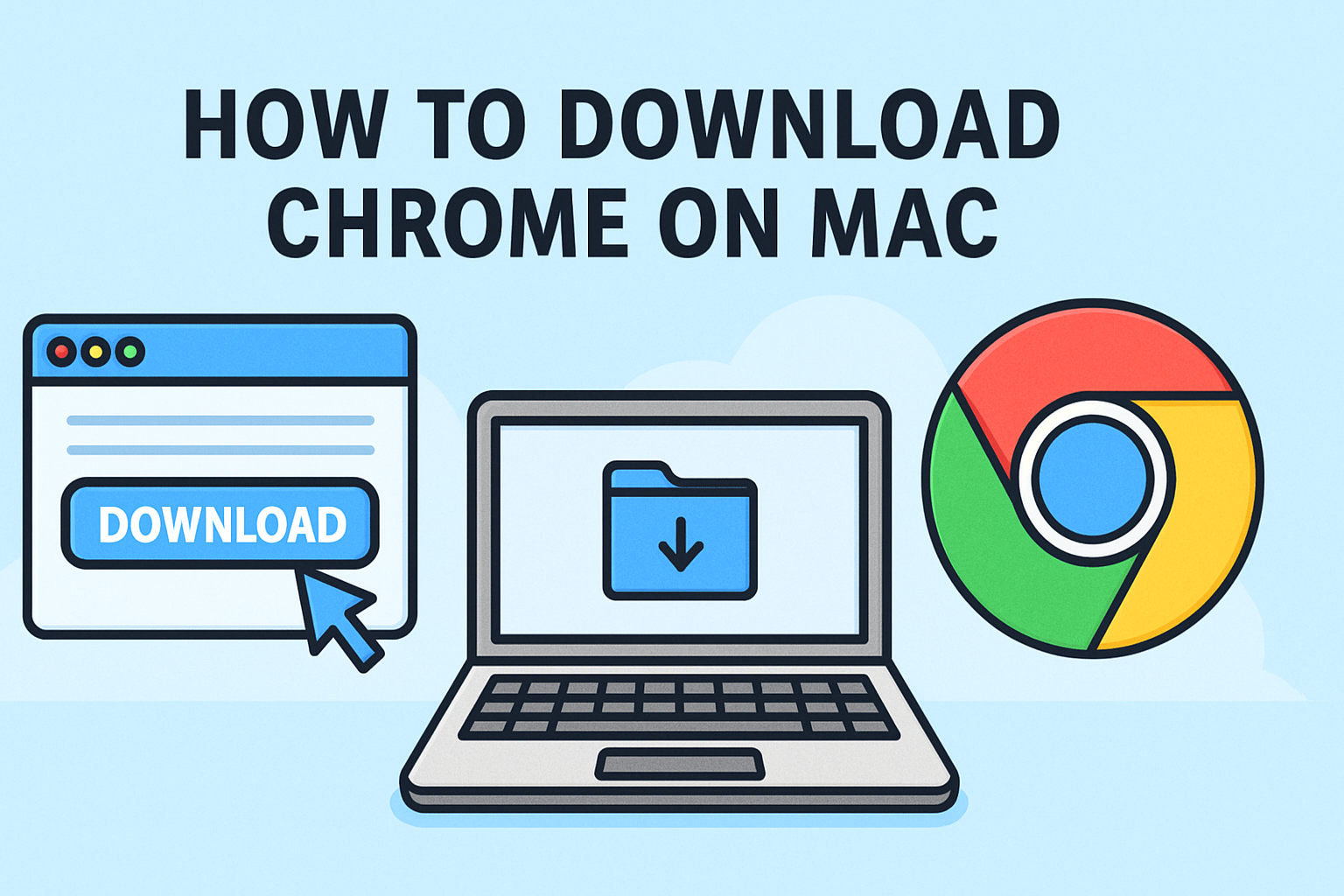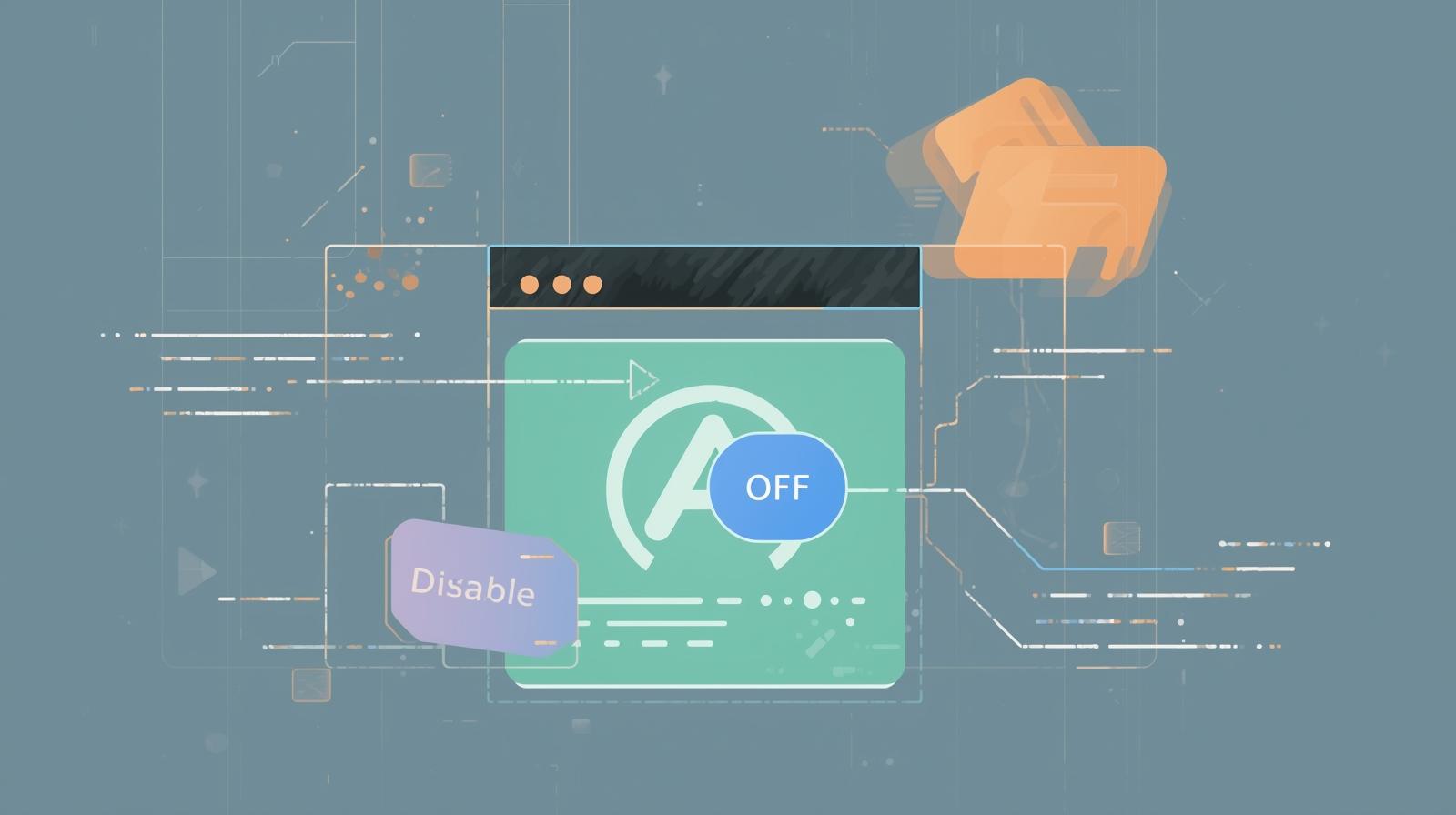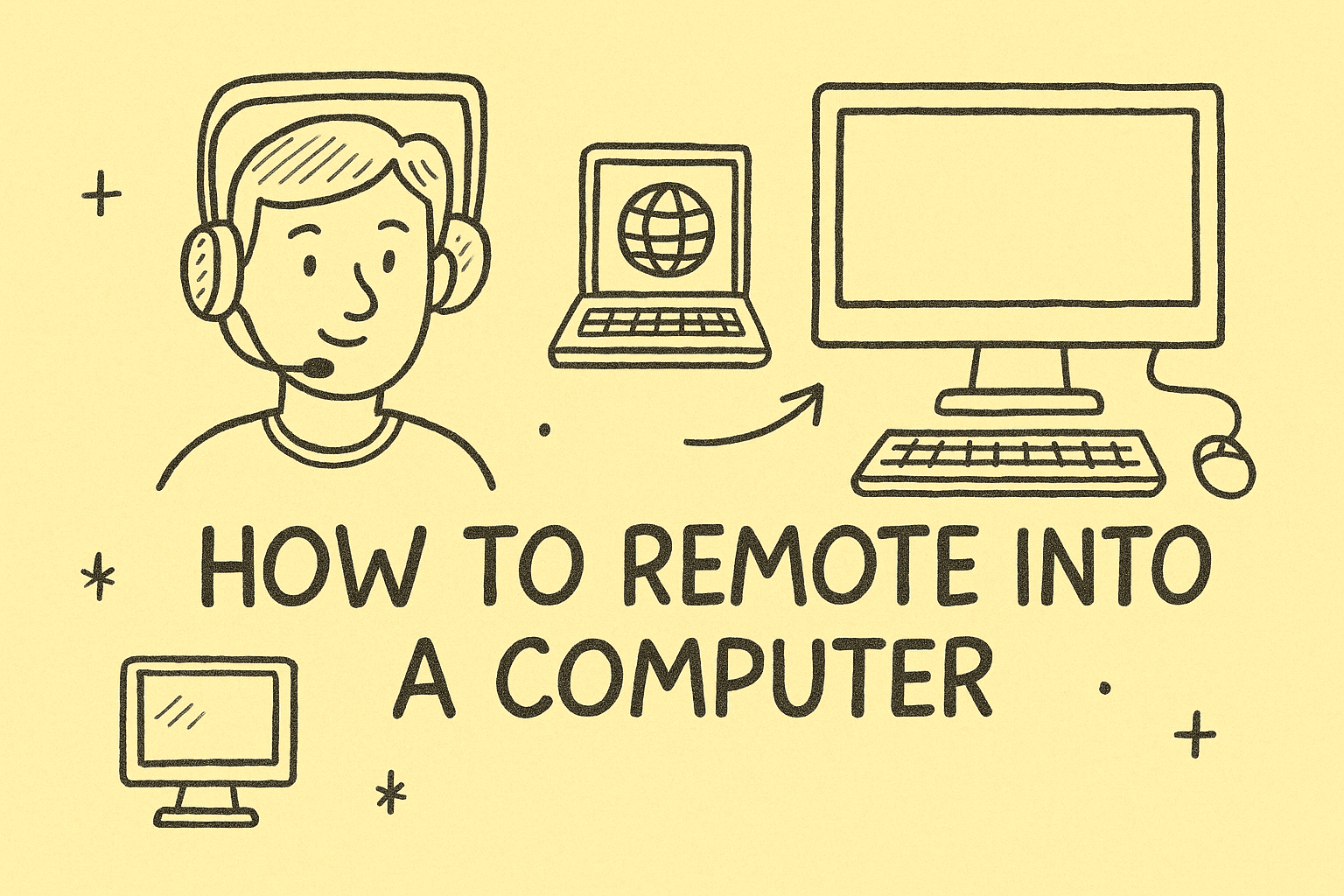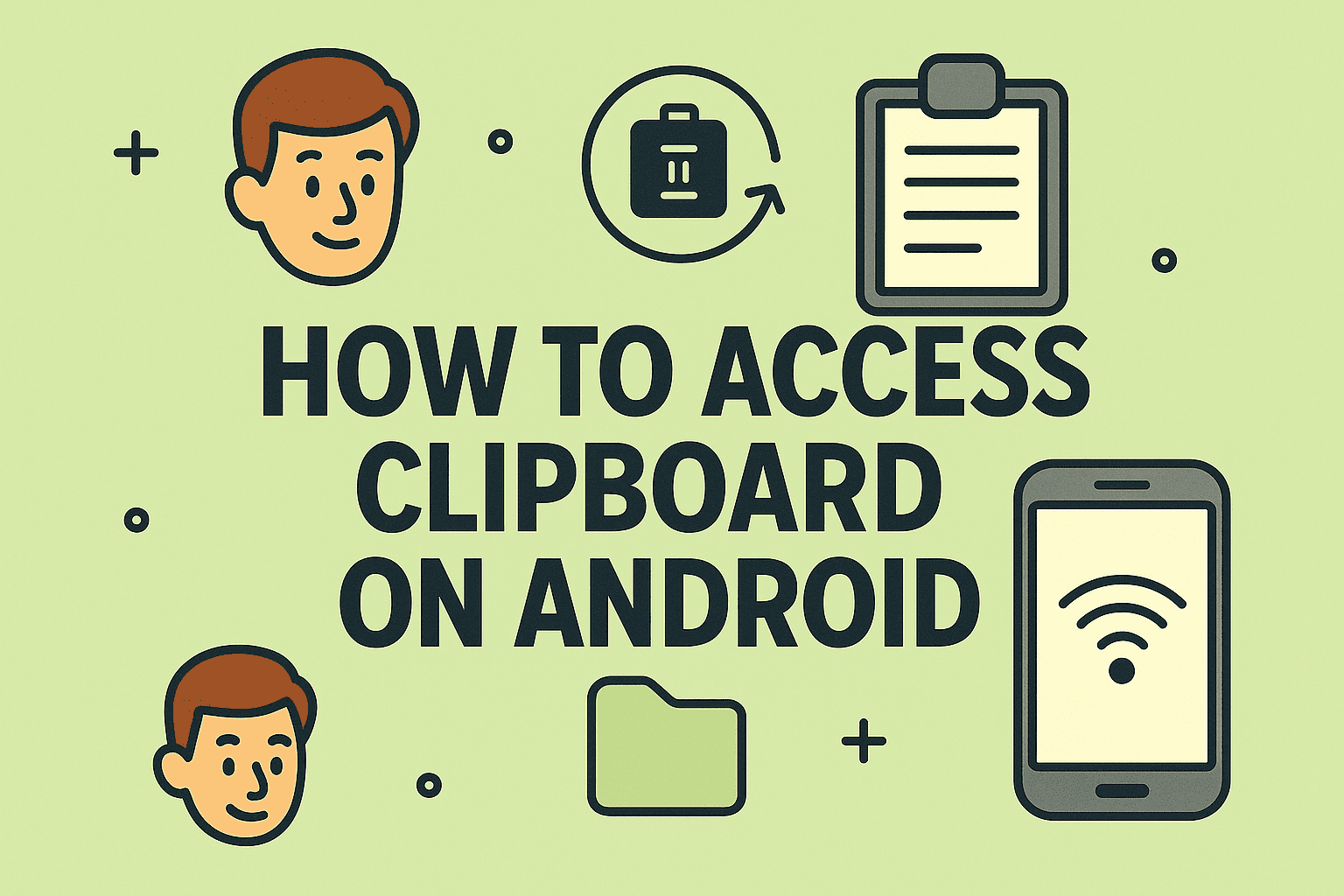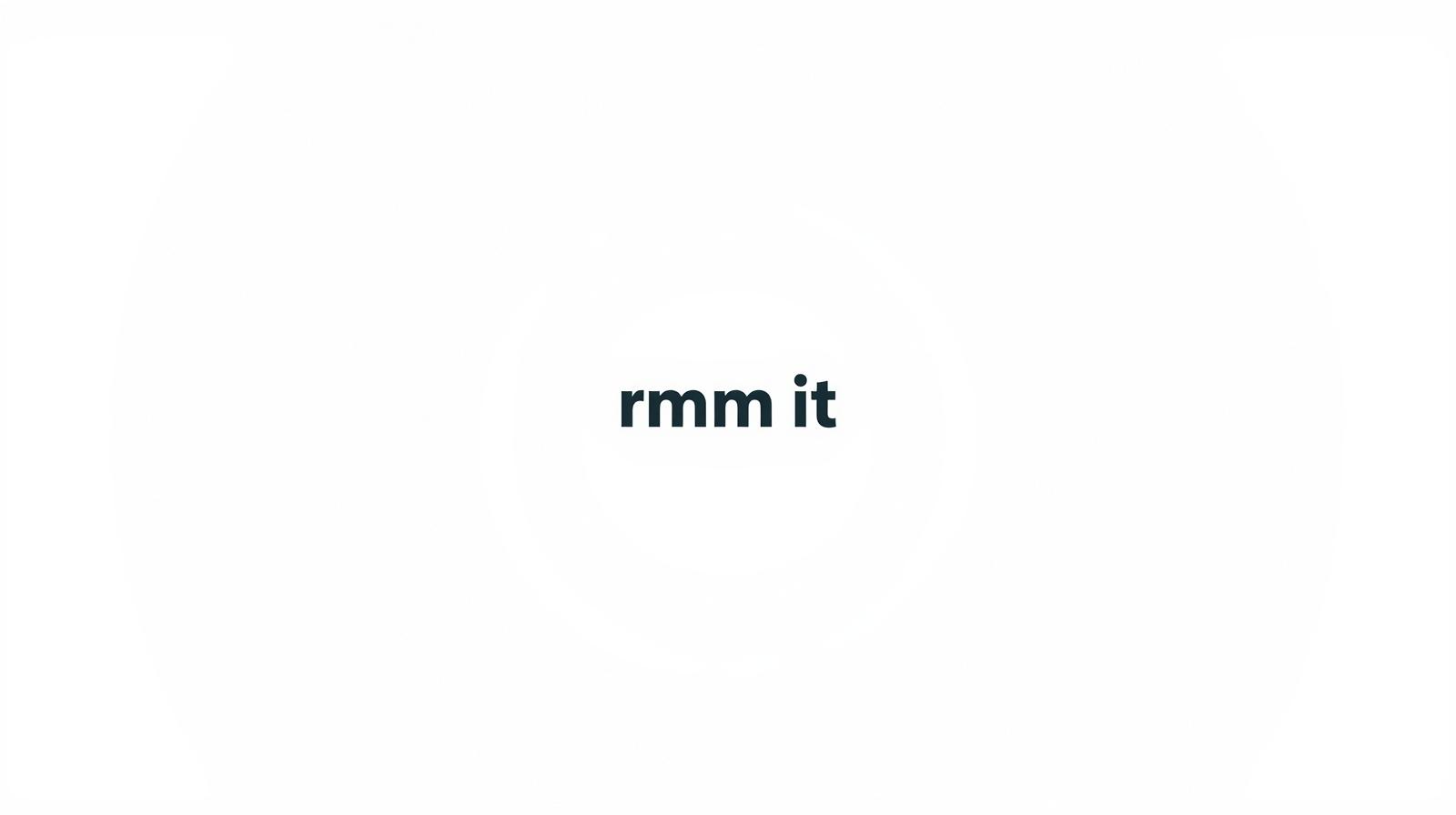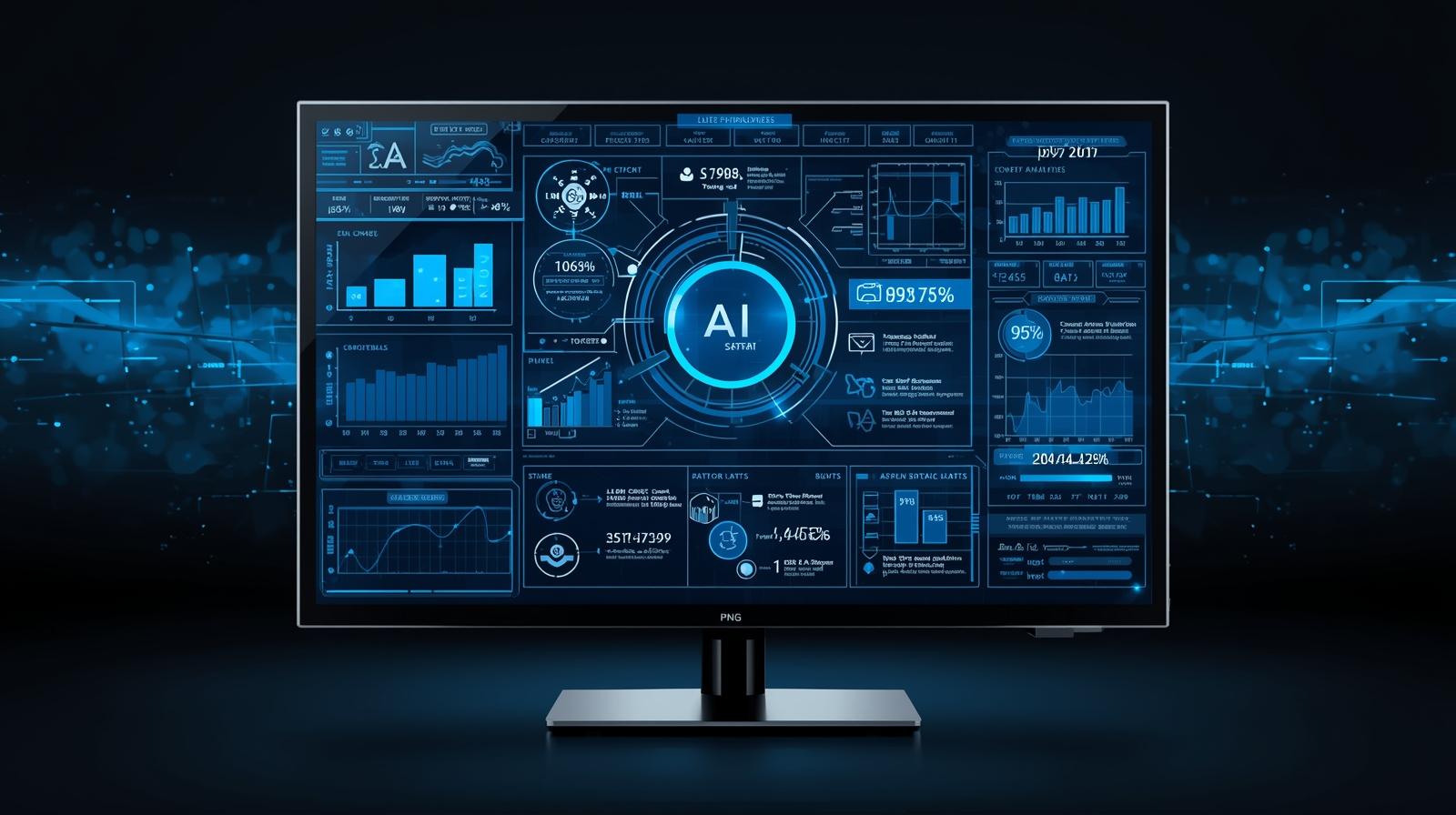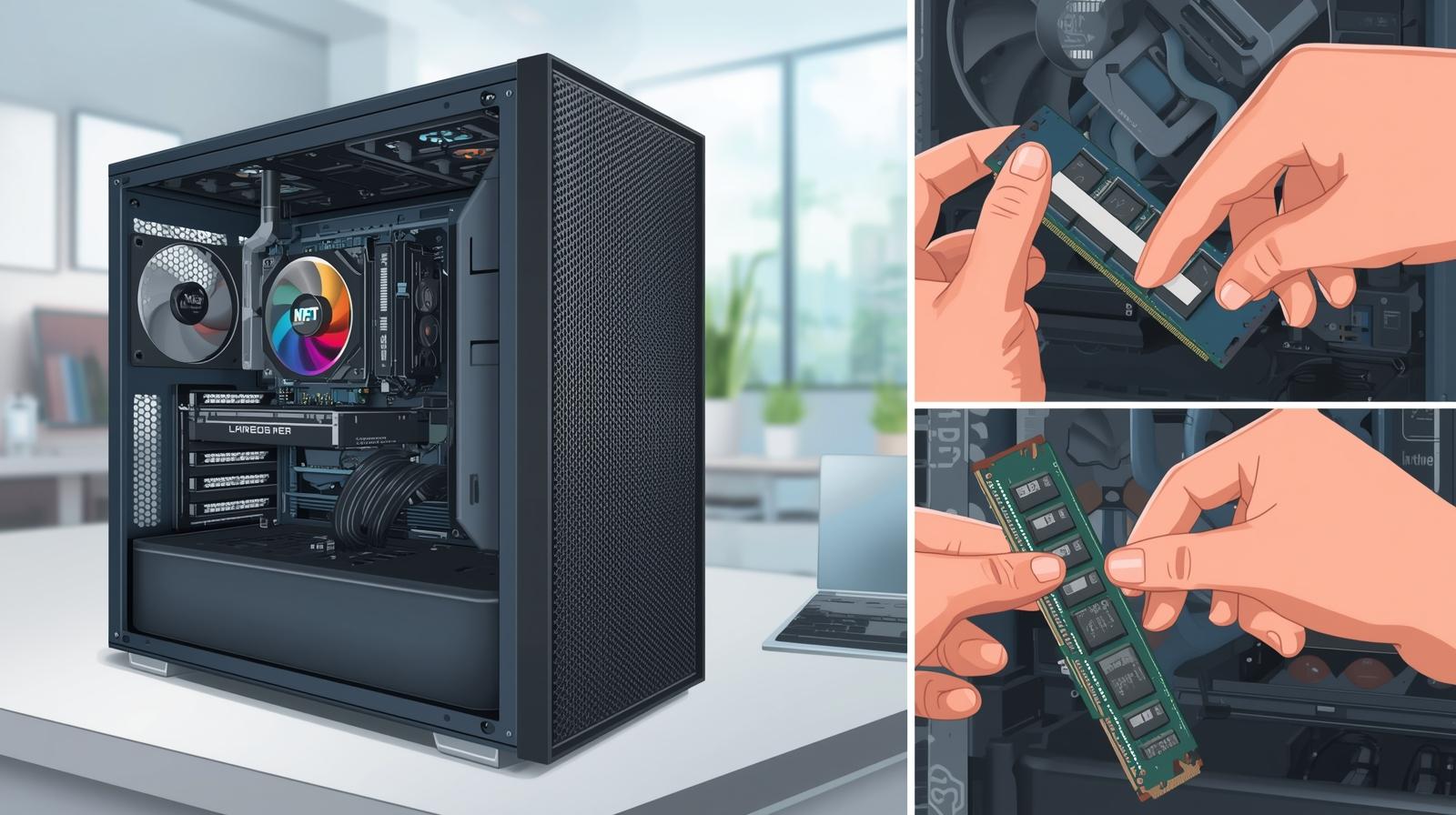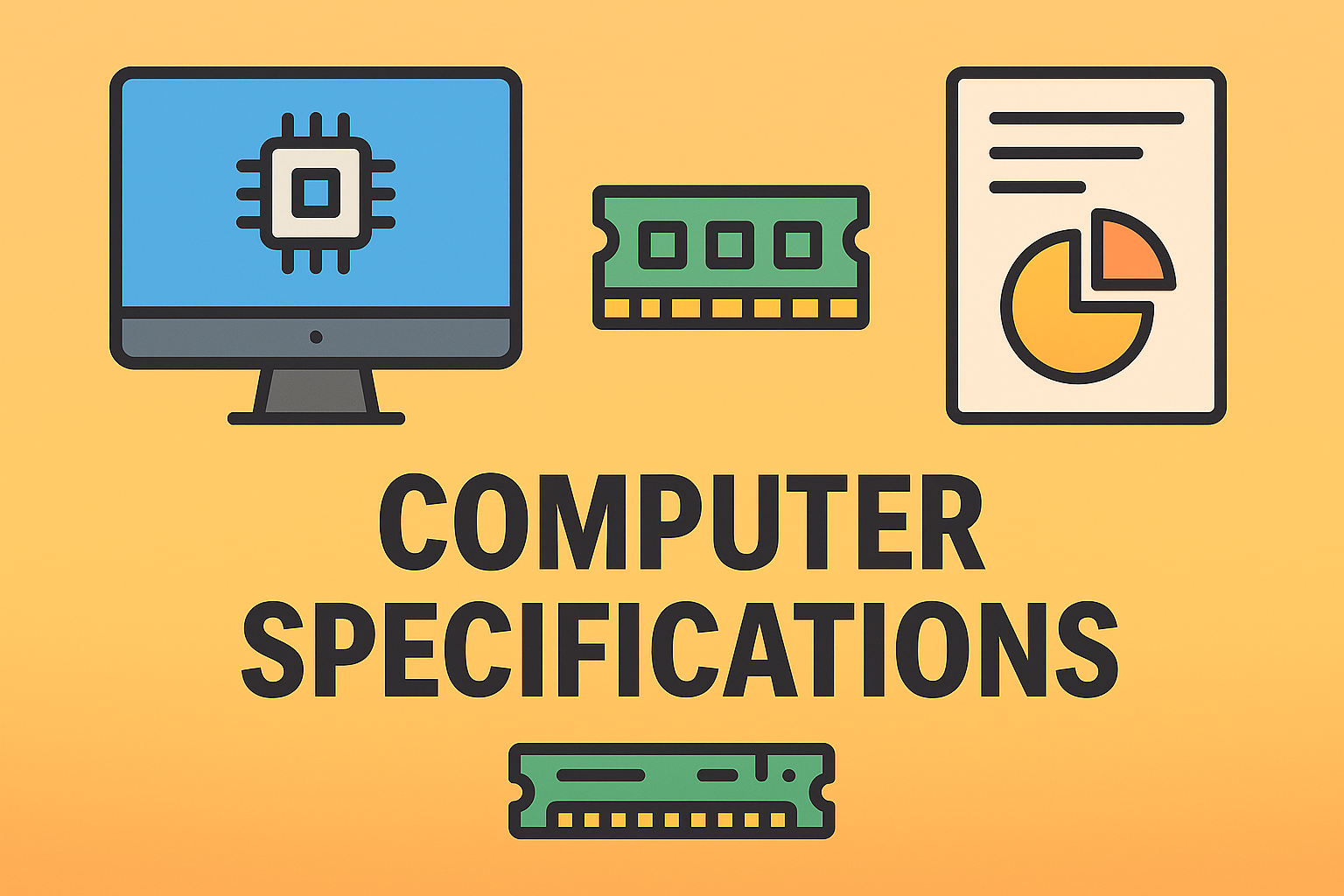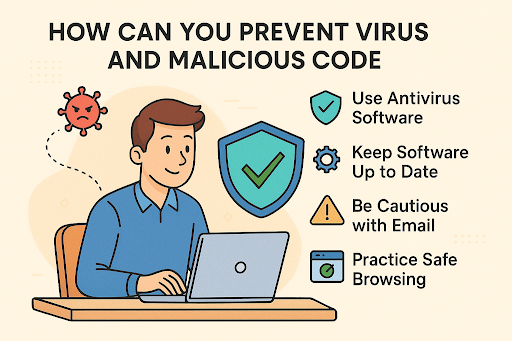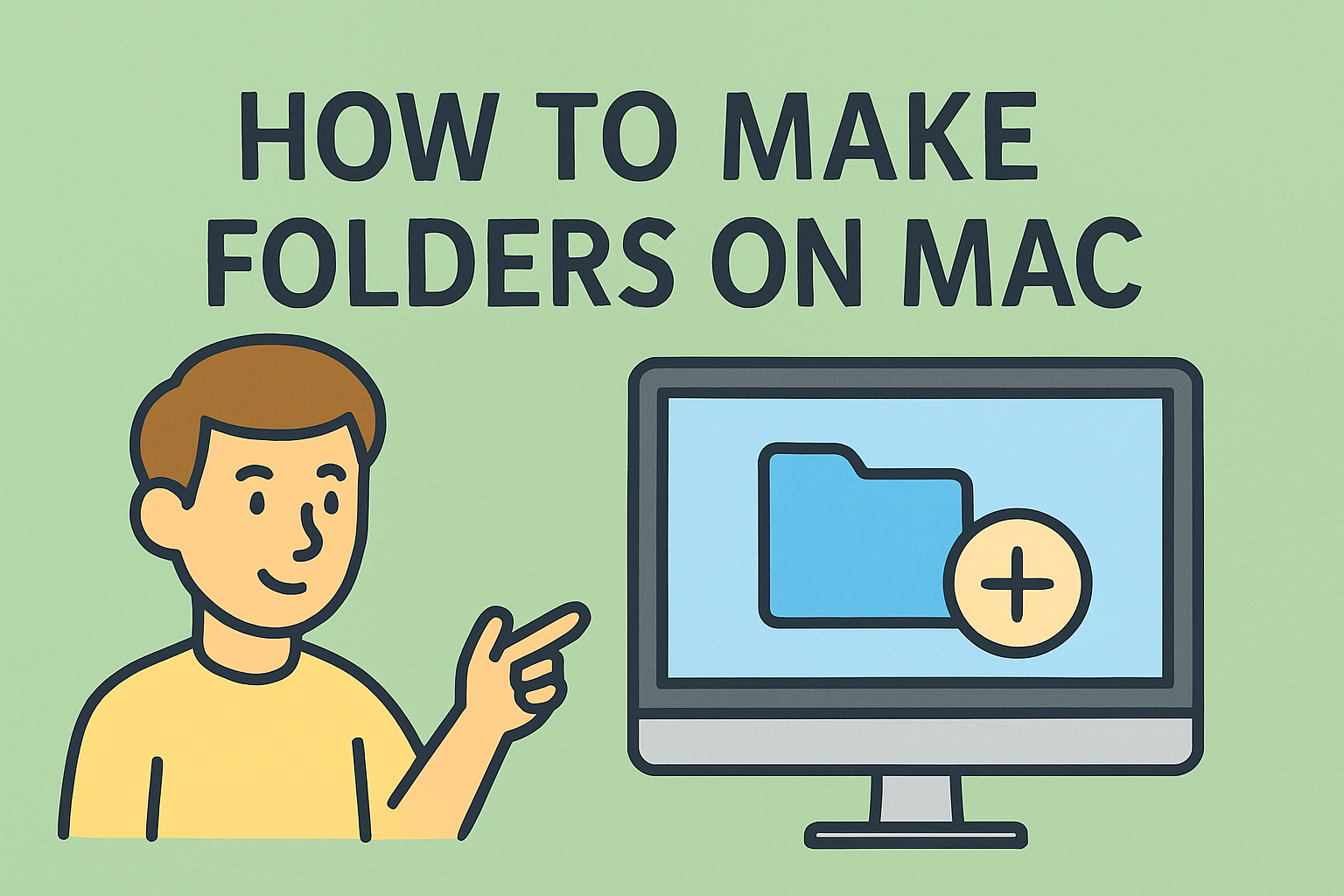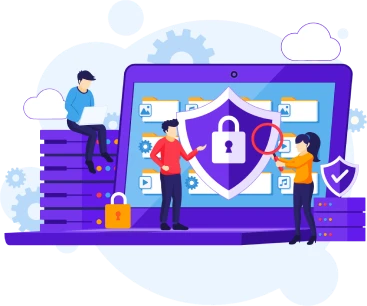Understanding Clipboard Access: Location, History, and Management
Updated on July 7, 2025, by ITarian
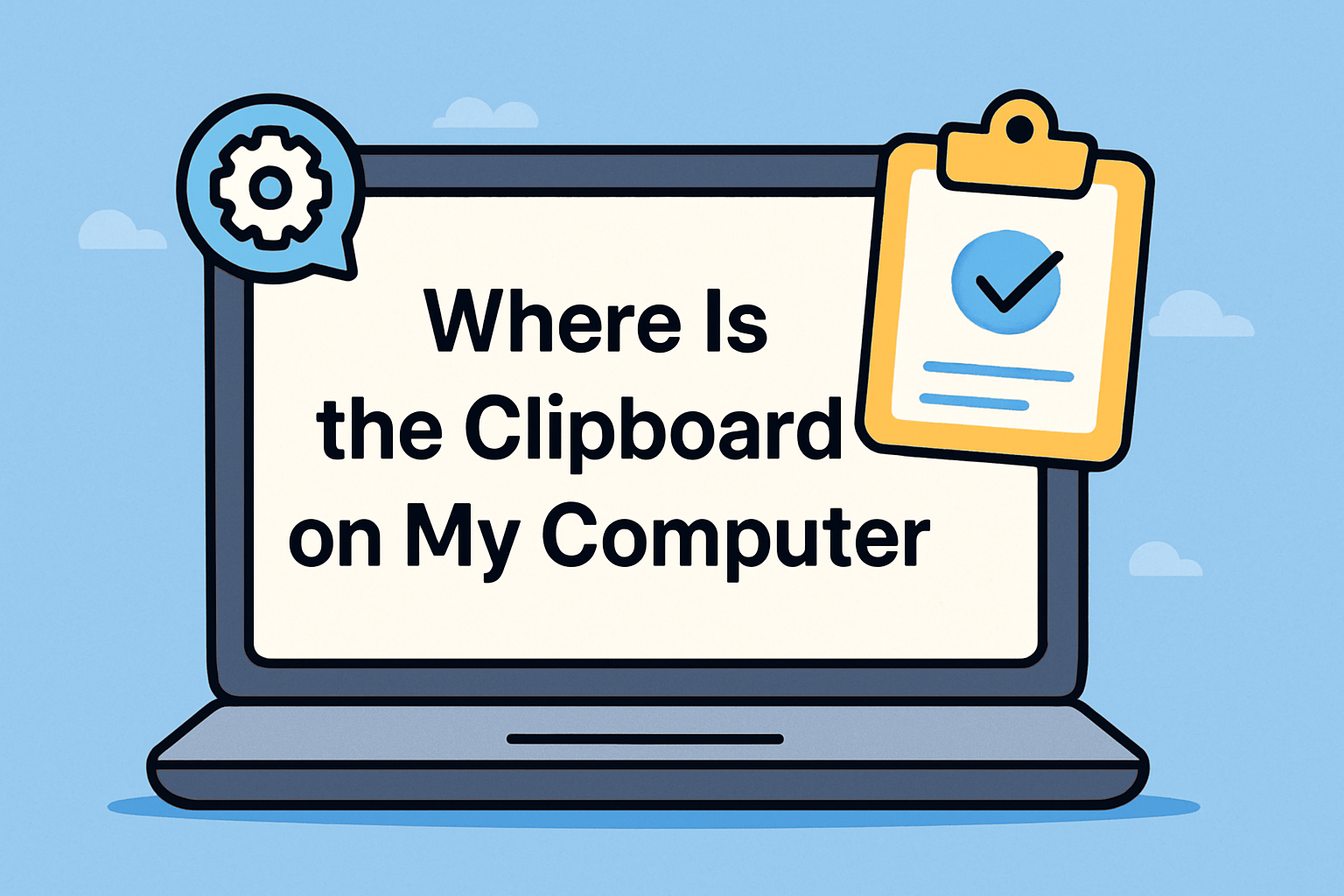
If you’ve ever copied text or files and asked yourself, “where is the clipboard on my computer?”, you’re not alone. Most users—and even some IT professionals—use the clipboard daily without knowing where to actually view or manage its contents.
For cybersecurity teams, IT managers, and digital-first executives, understanding how clipboard data works isn’t just a matter of convenience—it’s essential for securing data flow, supporting productivity, and managing endpoint behavior.
In this comprehensive guide, we’ll show you exactly how to access the clipboard on Windows, how to view clipboard history on PC, and how to open clipboard manager tools for enhanced control.
What Is a Clipboard and How Does It Work?
Before we dive into locations and shortcuts, let’s clarify what the clipboard does.
The clipboard is a temporary data storage space used to hold copied or cut content such as:
- Text
- Images
- Files
- Screenshots
When you use Ctrl + C or Right-click > Copy, the data is stored in the clipboard until it’s pasted elsewhere—or overwritten.
Why It Matters for IT and Security:
- Clipboard data can include sensitive information (passwords, confidential text).
- Hackers may exploit clipboard APIs or inject malware to intercept copied data.
- Managing clipboard access is key in compliance-heavy industries like healthcare or finance.
How to Access Clipboard on Windows
Modern versions of Windows (especially Windows 10 and 11) offer built-in clipboard management tools. Here’s how to find them.
Method 1: Use a Simple Shortcut
- Press Windows key + V
- This opens the clipboard history window instantly.
Note: If clipboard history is not enabled, you’ll see a prompt to turn it on.
Method 2: Through Settings
- Go to Settings > System > Clipboard
- Toggle on Clipboard history
- You can now access and manage copied content using the shortcut anytime
Pro Tip for IT Teams
Enable or disable clipboard history across an organization using Group Policy or Endpoint Configuration Manager. This ensures consistent security controls.
View Clipboard History on PC
The clipboard isn’t limited to your last copied item anymore. Windows now supports multiple clipboard entries.
What You Can View:
- Up to 25 recent items
- Copied text, images, links, and more
- Items you choose to pin for repeated use
Manage Clipboard History:
- Open with Windows + V
- Hover over an entry and click the “…” menu to delete or pin
- Clear all items using the “Clear All” option
This feature is especially useful for multitaskers and power users who frequently copy between apps.
How to Open Clipboard Manager Tools
If you’re looking for enhanced functionality beyond what’s built into Windows, clipboard managers offer robust features like encryption, cloud sync, and productivity boosts.
Built-in Option:
- Windows Clipboard History via Windows + V
Advanced Alternatives:
- ClipboardFusion – For cleaning copied text, macros, and syncing
- Ditto – Lightweight and open-source, allows multi-device sync
- ClipClip – Best for managing screenshots and file copying
- PhraseExpress – Combines clipboard history with text expansion
For IT managers: Ensure third-party clipboard tools meet your organization’s security policies and do not expose sensitive data to cloud services unless encrypted.
Clipboard Security: What Cybersecurity Professionals Need to Know
Clipboard data, while convenient, poses real security risks if not managed properly:
Common Threats:
- Clipboard Hijacking: Malware monitors clipboard activity to steal data
- Data Leakage: Copied content may contain PII or confidential documents
- Shadow Copying: Clipboard data may persist in temporary memory
Enterprise Protections:
- Restrict clipboard access in virtual environments
- Disable clipboard syncing between devices if not necessary
- Monitor clipboard activity with endpoint detection tools
Use Cases for CEOs, IT Teams & Security Roles
Cybersecurity Teams
- Audit clipboard use in high-risk systems
- Prevent unauthorized apps from accessing clipboard data
- Use clipboard monitoring as part of data loss prevention (DLP)
IT Managers
- Train employees on best practices
- Use policy to block clipboard access in remote sessions
- Leverage centralized tools for clipboard configuration
Executives & Founders
- Use clipboard managers for streamlined workflows
- Avoid storing confidential data in clipboard memory
- Stay aware of cross-device clipboard syncing if using shared accounts
FAQ: Where Is the Clipboard on My Computer?
1. Where do I find the clipboard on Windows 10 or 11?
Press Windows + V to open your clipboard history. You may need to enable the feature under Settings > System > Clipboard.
2. Why can’t I see clipboard history?
It may be turned off. Navigate to Settings and toggle Clipboard history to enable access.
3. Can I access clipboard history after restarting my PC?
No. Clipboard entries are cleared after reboot unless pinned or stored using a third-party clipboard manager.
4. Is it safe to use clipboard managers?
Yes, as long as they are from trusted sources and comply with your organization’s security standards.
5. Can clipboard data be synced between devices?
Yes. Windows allows syncing clipboard data across signed-in devices, but it should be disabled on sensitive systems for security.
Final Thoughts: Don’t Ignore Your Clipboard
Now you know where the clipboard is on your computer, how to access it, and how to keep it secure. It may be a hidden utility, but it holds powerful functionality—and potential risk—especially in business environments.
Whether you’re enhancing productivity, securing data, or simplifying IT workflows, clipboard management deserves your attention.
Call to Action
Want full control over your endpoints—including clipboard policies and data access?
Start your free trial today and take command of your IT environment with powerful device management and security tools.

